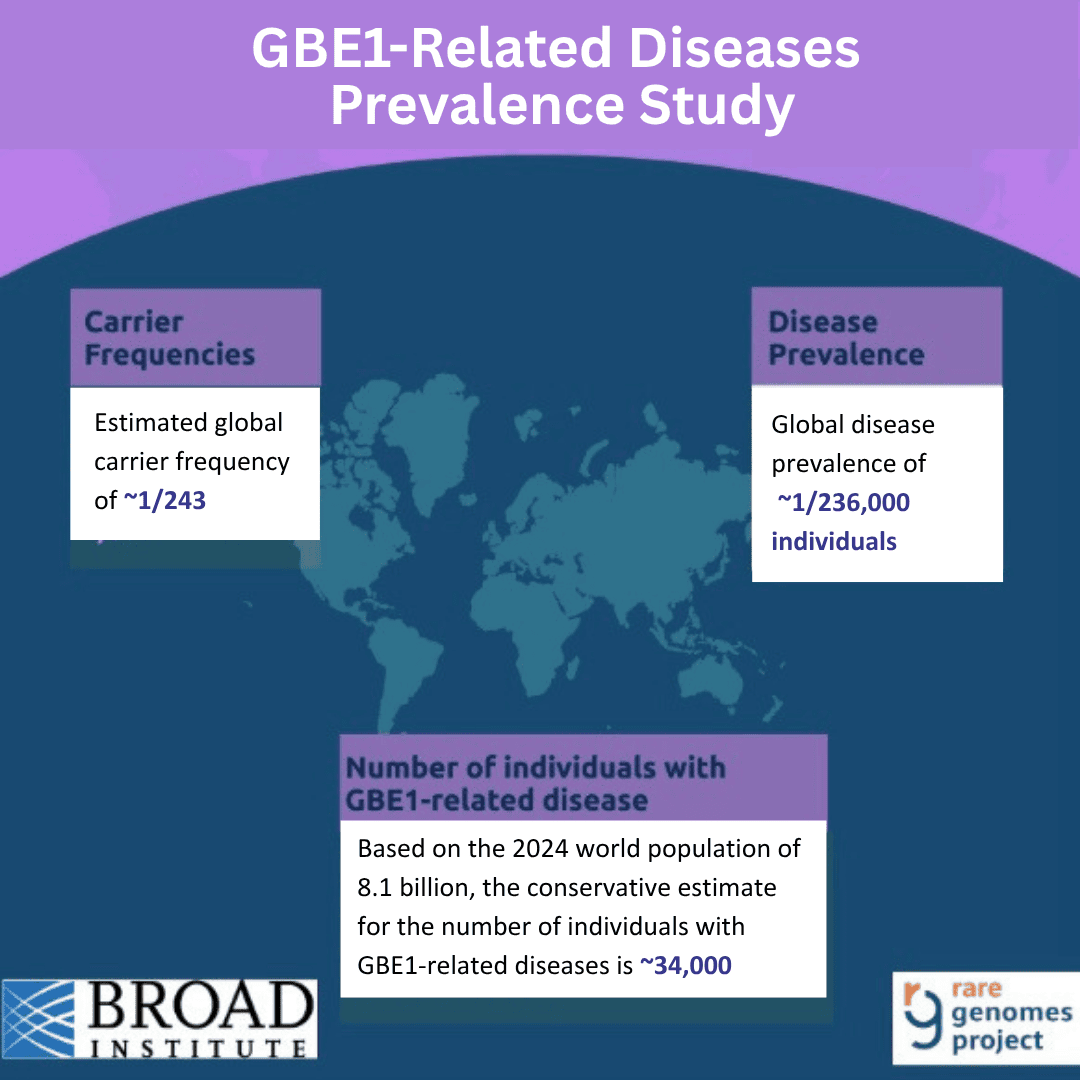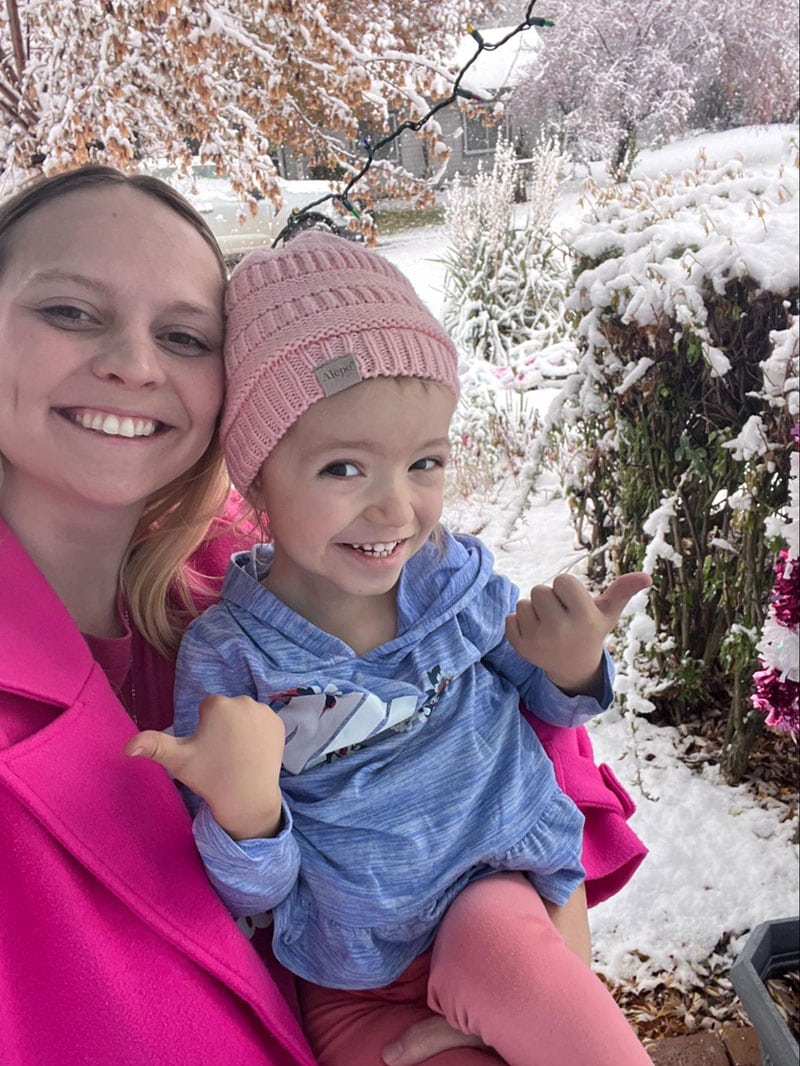Brooklyn, New York, August 19, 2020 — APBD Research Foundation in conjunction with the University of Pennsylvania launches a call for APBD research proposals. Letter of Intent are due to the UPenn Orphan Disease Center no later than September 18, 2020 by 8 pm.
In June 2020, the APBD Research Foundation, Team APBD Tour de Friends, and the Orphan Disease Center (ODC) at Penn Medicine raised critical funds to advance APBD research. The ODC’s Million Dollar Bike Ride Pilot Grant Program provides a one‐year grant to support research related to rare diseases represented in the 2020 MDBR. The Foundation raised $91,268, which was generously matched for $30,000 by the ODC, making available to researchers a single grant of $121,268 or two grants of $60,634 each.
APBD research proposals should focus on one of three areas:
▪ Identification of measurable biomarkers to quantify the amount of insoluble glycogen developing serially in tissues;
▪ Development of novel neuroimaging techniques for establishing correlations between disease symptomatology and pathology; and
▪ Identification of therapeutic targets that will prevent polyglucosan body storage or facilitate its removal from vital organs such as the brain and peripheral nervous system.
Click here to apply for the MDBR Pilot Grant Program
Grantees are expected to have access to senior mentors who can provide guidance and if needed, additional resources to accomplish the proposed work. Close collaboration with other scientists and clinicians knowledgeable about APBD is also encouraged. This should include sharing of data and use of available patient specimens such as cultured skin fibroblasts and animal models. Our hope is that the research generated by this funding mechanism will enable investigators to compete for larger multi-year grants that carry forward their research and translate their results to improvement in the clinical care of patients.
Please first review the RFA guidelines before submitting your Letter of Interest (LOI) using the web form below. This opportunity is open to the international research community. All LOI submissions are due on Monday, September 18, 2020 by 8pm EST. If your LOI is approved, you will be notified with an invitation to submit a full application. Click here to apply for the MDBR Pilot Grant Program.
ABOUT APBD
Adult Polyglucosan Body Disease (APBD) is a recessively inherited form of glycogen storage disease, associated with reduction in glycogen branching enzyme activity (GBE) to 10-20% of normal. Symptoms generally develop in the fourth or fifth decade with bladder dysfunction, gait disturbance, sensory and motor neuropathy, weakness, and fatigue. Mild attention and memory deficits may occur with brain white abnormalities noted on neuroimaging. By their early 60’s, patients require a walker and are subsequently wheelchair dependent. The actual prevalence of the disease is probably much greater than reported due to misdiagnoses such as multiple sclerosis, Charcot-Marie-Tooth disease, ALS, and spinal muscular atrophy. (Schwartz L, et al. Am J Rare Dis: Diagn Ther. 2020;3(1):004-008.)
ABOUT THE APBD RESEARCH FOUNDATION
The APBD Research Foundation was established in 2005 to foster research in APBD and to provide patient and family support. Under their auspices, much has been learned about the genetic bases for tissue storage of polyglucosan bodies, animal models have been established for the two major mutations in the GBE1 gene, repurposed drugs have been examined for their ability to enhance glycogen branching activity, and substrate synthesis inhibition utilized to reduce endogenous polyglucosan body formation. To learn more, visit www.apbdrf.org.





